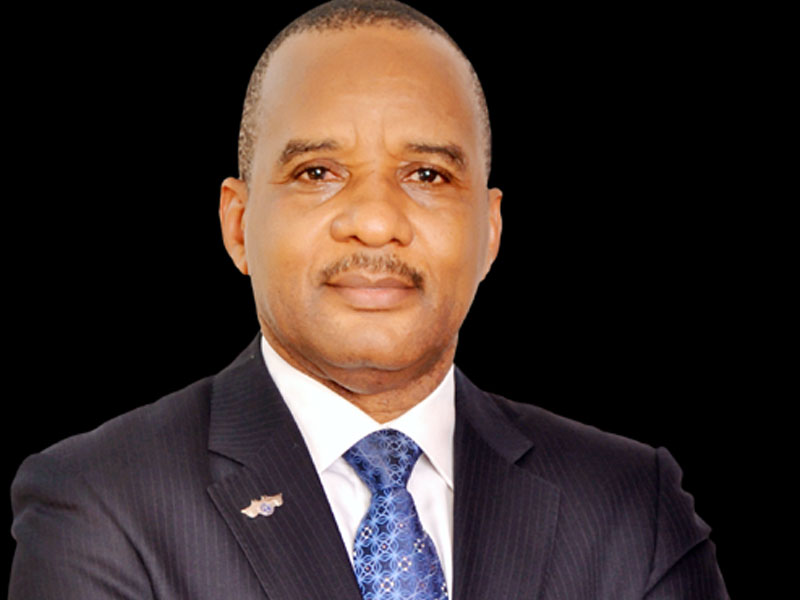A strong and sustainable national shipping line is emerging, the Nigerian Maritime Administration and Safety Agency (NIMASA) has said.
The Director-General, Bashir Jamoh, who spoke in Lagos while receiving members of the National Fleet Implementation Committee who paid him a courtesy visit at the agency’s headquarters, stressed the need for a national carrier owing to the enormous economic benefits it offers.

He said: “There is no better time to have a national carrier and develop the maritime industry than now when the world is gradually looking away from fossil fuels, which currently form the mainstay of the Nigerian economy, and President Muhammadu Buhari is trying to diversify the economy from oil.
“Nigeria cannot be caught unawares. We need to look at ways of developing our shipping sector, which studies have found to be capable of earning the country revenue more than oil annually.”
Jamoh told the committee led by the chairman and Executive Secretary, Nigeria Shippers’ Council, Hassan Bello, that the nation’s maritime sector had the potential to grow by between three and five per cent yearly due to the size of the local market. He expressed regret that the capacity has remained mostly untapped.
According to the NIMASA boss, since the liquidation of the Nigerian National Shipping Line (NNSL) in 1995, the country has been looking for avenues to float a national carrier, though through private sector participation.
“We need to have a sustainable national shipping line in order to avoid the reasons the NNSL was liquidated. The committee must focus on ensuring that the implementation stands the test of time,” Jamoh said.
Bello said the committee was at a critical stage of the national fleet implementation process, stressing that capital injection was required to actualise the project.
“The quest for a Nigerian fleet is essential in ensuring that the country regains control of our external trade, thereby opening up the economy. This is a perfect time for Nigeria to invest in its own fleet, with global dependency on oil projected to dwindle considerably by 2030 and alternative power sources replacing fossil fuels in many countries,” he said.
The Guardian


